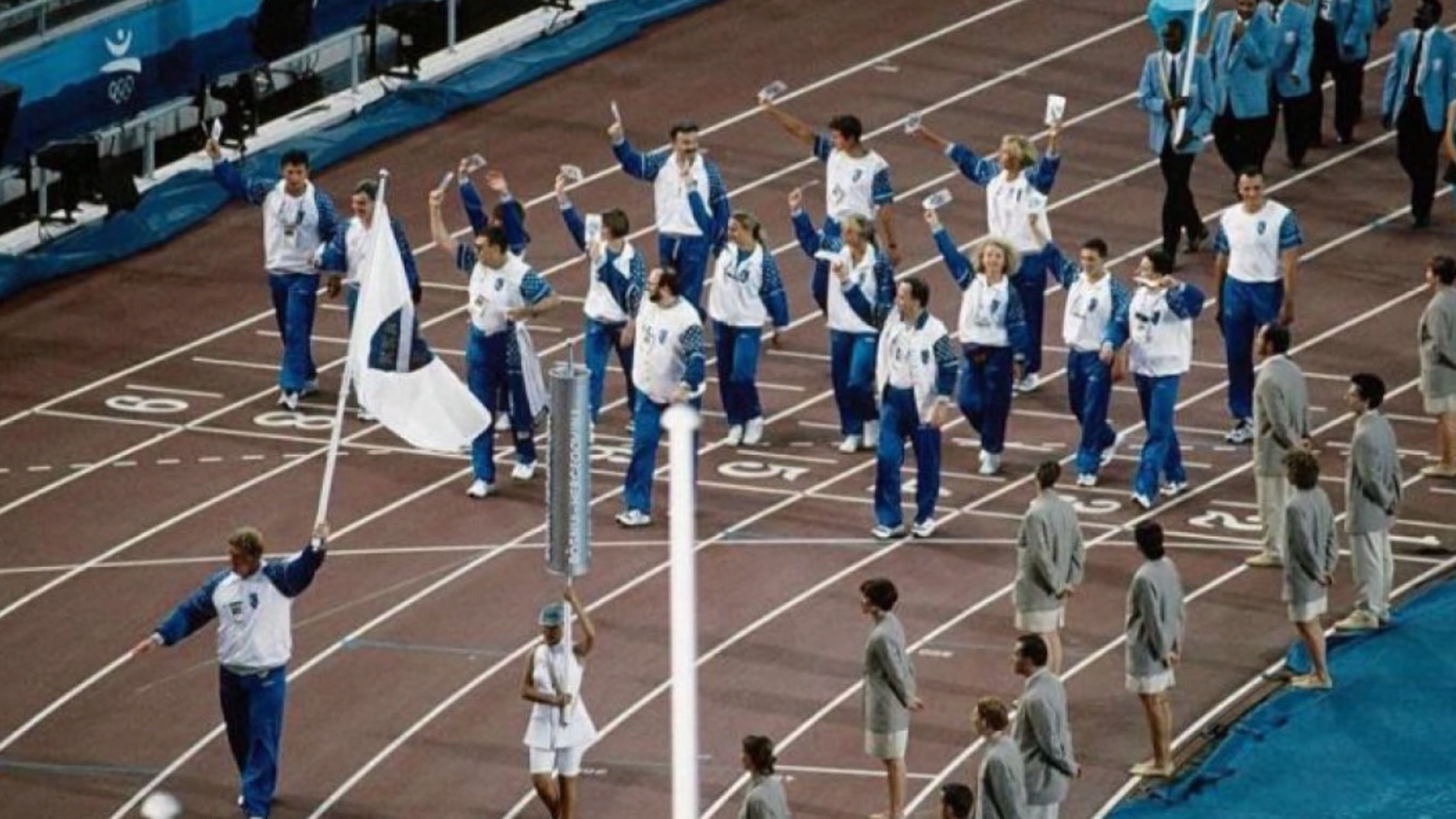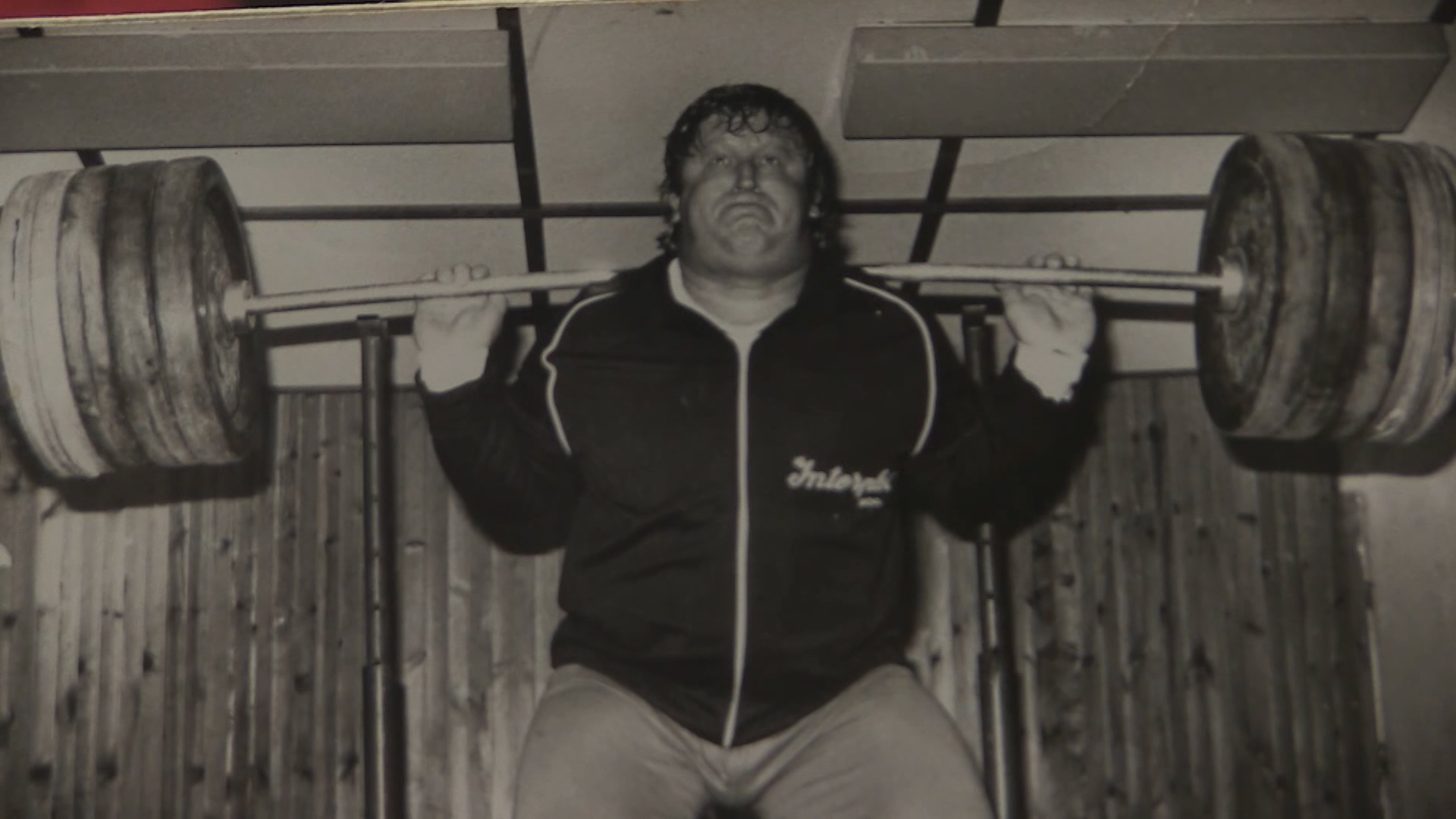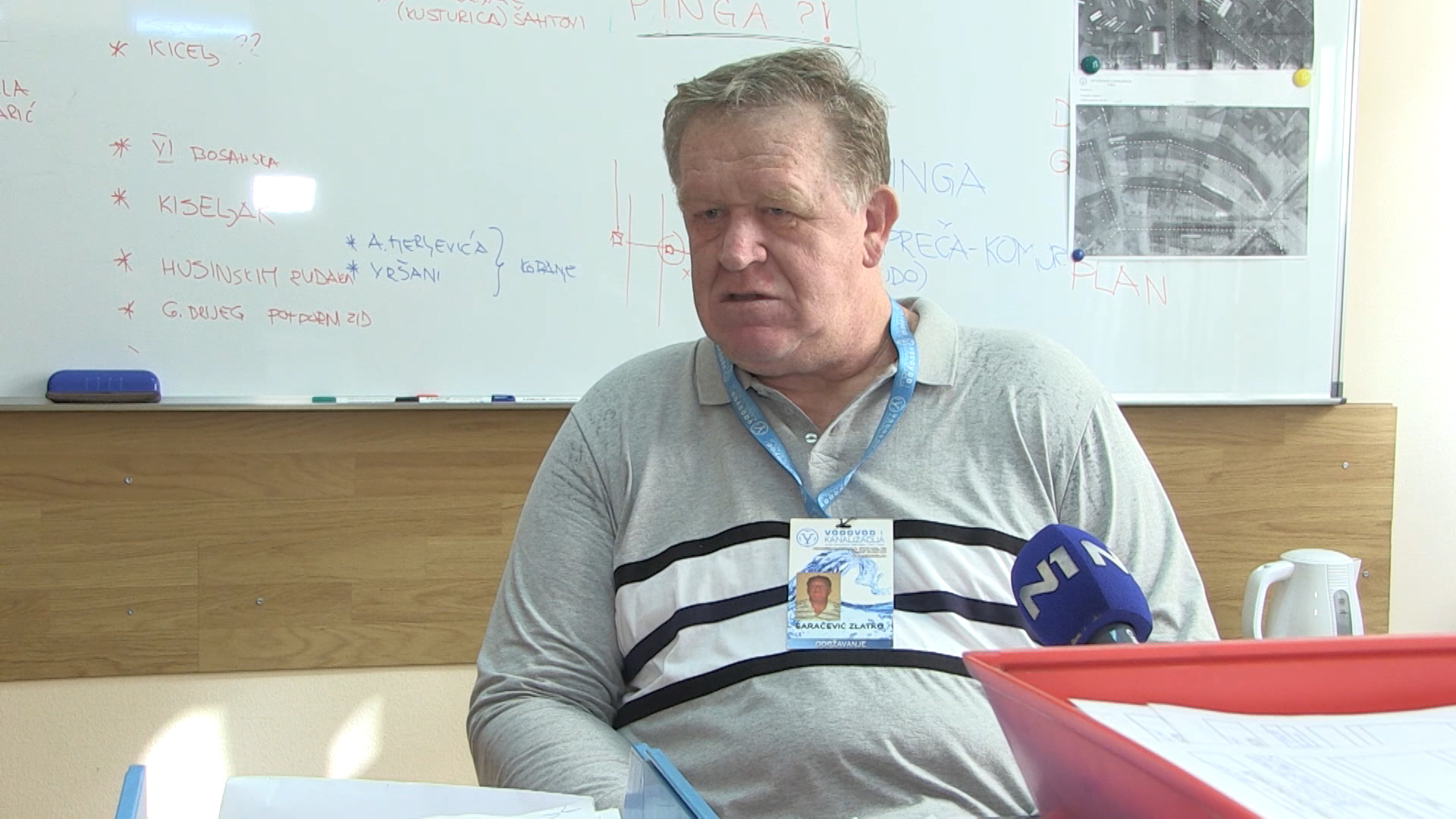From athlete of century to cleaning septic tanks, how Bosnia cares for athletes

Zlatko Saracevic, Tuzla city's athlete of the century who won over 200 prises and competed in various competitions and Olympic games is now forced to work on clearing septic tanks despite having a PhD in sports.
“I'm not ashamed of doing that. One has to earn a living somehow, Saracevic said.
Saracevic started training in 1968. he would train Shotput for four hours, pushing the seven-kilogram ball up to 120 times.
“Since the ball would go far, I couldn't work with only one ball but had to get 10 balls. I'd push the 10 balls and then get the bucket, collect them, take a short break and then push them all out again,” he told N1.

He trained disk throwing as well, after which he lifted weights, claiming he used to lift up to 40 tons a day.
“During the preparations, I used to lift over 40 tons of weights a day, not counting the balls and the number of times I pushed the ball. If you count all the weight I lifted, it'd be wagons of weight,” Saracevic said.
The results of his hard work were sure to follow. Zlatko's living room is too small to showcase everything he won.
“Yugoslav competitions are at the lowest level, everything else are international meetings, European competitions, Balkan and Mediterranean games, Golden league,” Saracevic showed N1's Natasa Tadic.
During the war in Bosnia, he represented the country at the 1992 Olympics in Barcelona. He carried the flag of the Republic of Bosnia and Herzegovina into the stadium.

“I raised the flag as high as I could, to show the world that this was Bosnia, that we're coming from war but also that we're that brave and able to come to the Olympics,” he recalled.
Saracevic had his Masters and PhD in sports, but today he works in administration with the lowest salary.
“Cleaning septic tanks? Do you have a contract? How big is the tank,” Saracevic said on his phone while talking to a customer. “I'm not ashamed of doing this job. One has to make a living somehow.”
His example shows the country's care for the most successful athletes, he argues. While the youth is leaving the country, the competent ministries are led by the politically suitable, not professionals, he added.
“Neither sports nor athletes have any use of those people. That's why our sports are where they are now, compared to the neighbouring countries where athletes contribute to the country's athletic community after finishing their professional career,” Saracevic concluded.
Kakvo je tvoje mišljenje o ovome?
Učestvuj u diskusiji ili pročitaj komentare





 Srbija
Srbija
 Hrvatska
Hrvatska
 Slovenija
Slovenija







